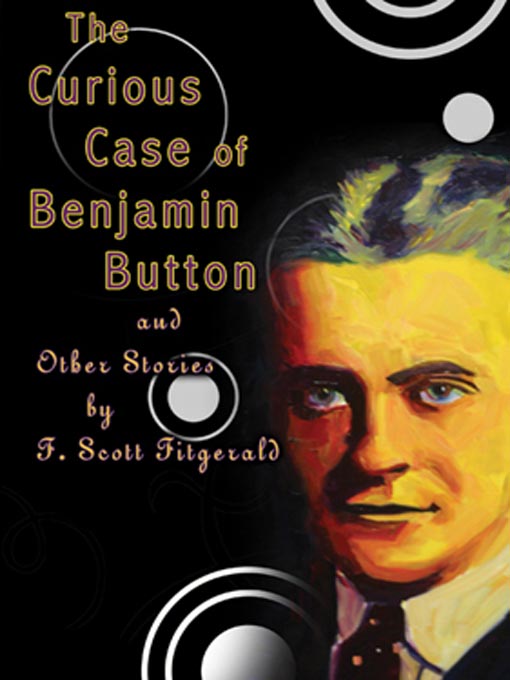By F. Scott Fitzgerald, the story is tightly wound in about 30 pages, and to me, the literary work seems to be perfectly paced as a short story. Benjamin's life is briskly presented to us and it's truly just about the life of a man. But wait! He was born under unusual circumstances. Uhuh. He ages backward (no shit) and this sets the stage for a life lived curiously, as well as unpleasantly. Everywhere he turns, just living life, the state of his "curious case" is flashing brightly. He can't escape this annoying fate.

It's such a good story, as well as a heart-wrenching one. An especially sad part was when Benjamin was about sixty-five. This means he was in kindergarten. Other kids were taking, that day, about what they wanted to be when they grew up. Little Benjamin had already served in the war, owned a suscessful company, married, had kids, lived a very fulfilled life considering the cards he was dealt. He was alone in the state that in five years, he would be "gone". It's such an odd phenomenon, really.
Now I know that Eric Roth has added a lot of meat to this simple story. Having read parts of it (only parts of it for now, so I can't totally say), the screenplay seems wildly different. Almost worthy of an original screenplay credit. There's no Daisy (Cate Blanchett's character) in the short story. The setting is Baltimore, opposed to New Orleans. In Roth's script, Benjamin was born as a baby (that's usually how it happens), obviously lacking of speech and any coherency, yet of course he had senior features (like arthritis and deteriorated physical capabilites). Yet in the short story, Benjamin, at six months, was smoking cigars and babbling like old people do. A major difference, right there.
But I highly recommend you read this story. I zipped through it in a half hour, so it's not a great undertaking, it's just a delight. Tragic, yet funny. Brilliantly written in some parts. So original and imaginative. I just loved it. These lines of text at the end really stuck out to me, because it was just expressed so perfectly by Fitzgerald. You could say this is spoiler-ish, but it's the inevitable ending you sort of already know:
There were no troublesome memories in his childish sleep; no token
came to him of his brave days at college, of the glittering years when
he flustered the hearts of many girls. There were only the white, safe
walls of his crib and Nana and a man who came to see him sometimes,
and a great big orange ball that Nana pointed at just before his
twilight bed hour and called "sun." When the sun went his eyes were
sleepy--there were no dreams, no dreams to haunt him.
The past--the wild charge at the head of his men up San Juan Hill; the
first years of his marriage when he worked late into the summer dusk
down in the busy city for young Hildegarde whom he loved; the days
before that when he sat smoking far into the night in the gloomy old
Button house on Monroe Street with his grandfather-all these had faded
like unsubstantial dreams from his mind as though they had never been.
He did not remember.
You can read the amazing short story here.






No comments:
Post a Comment